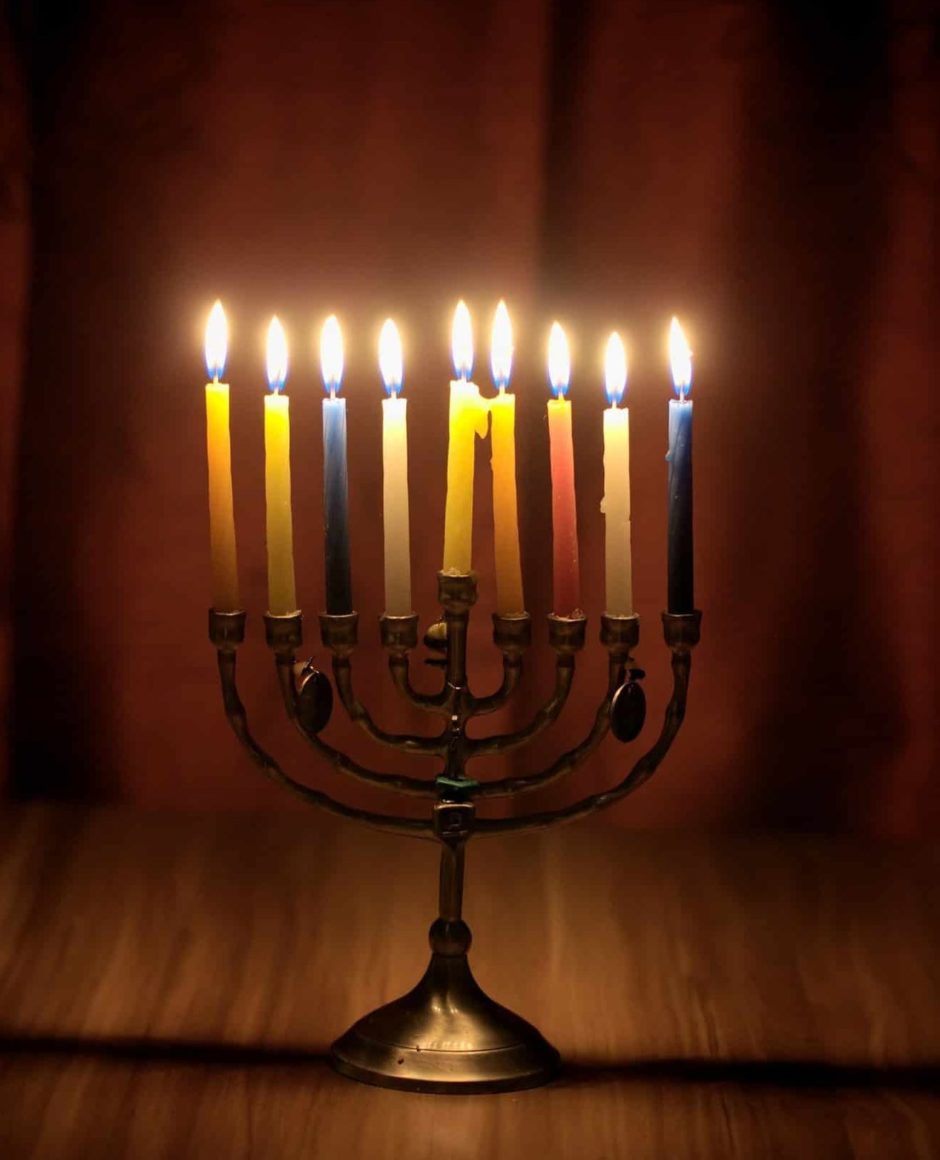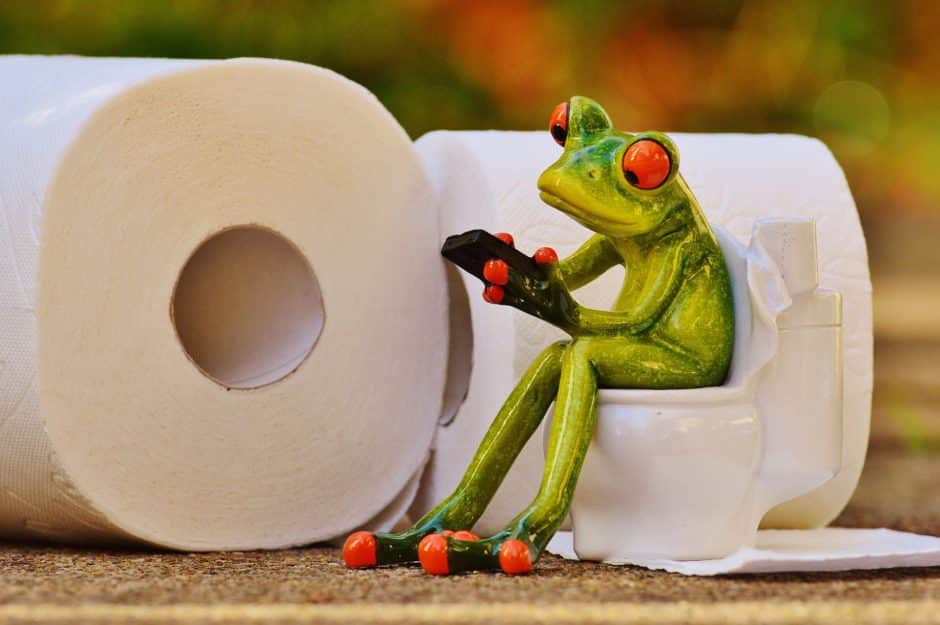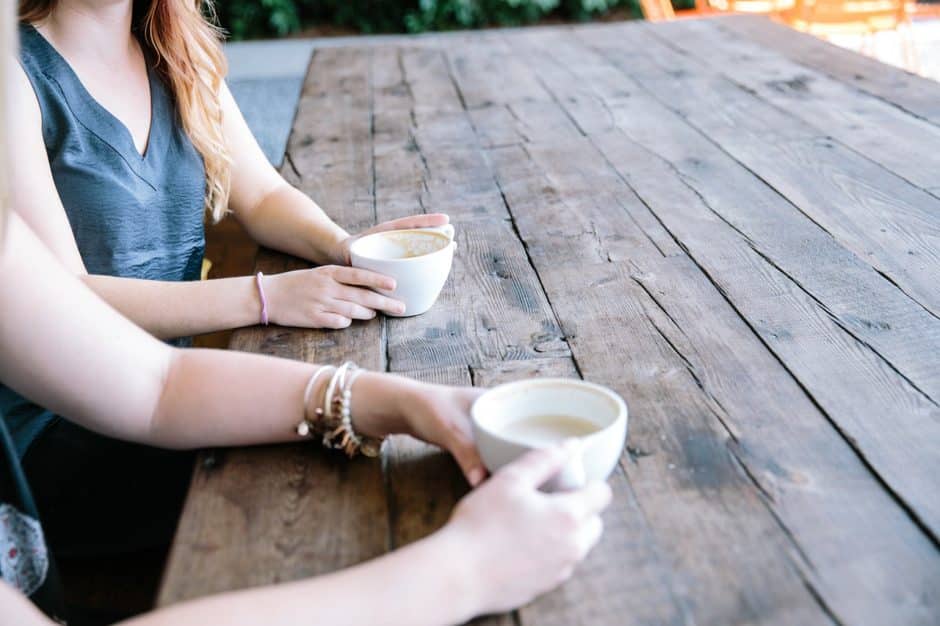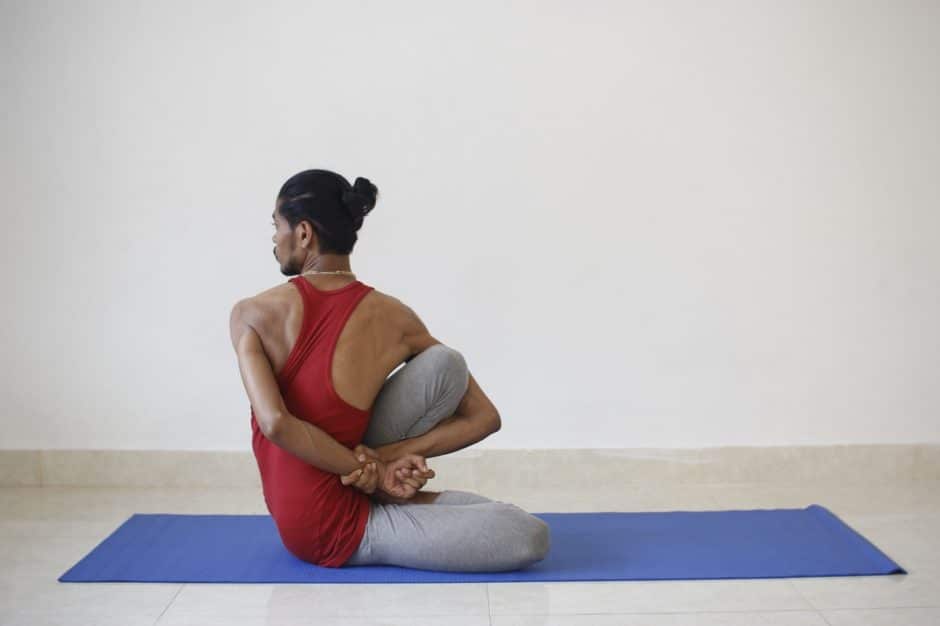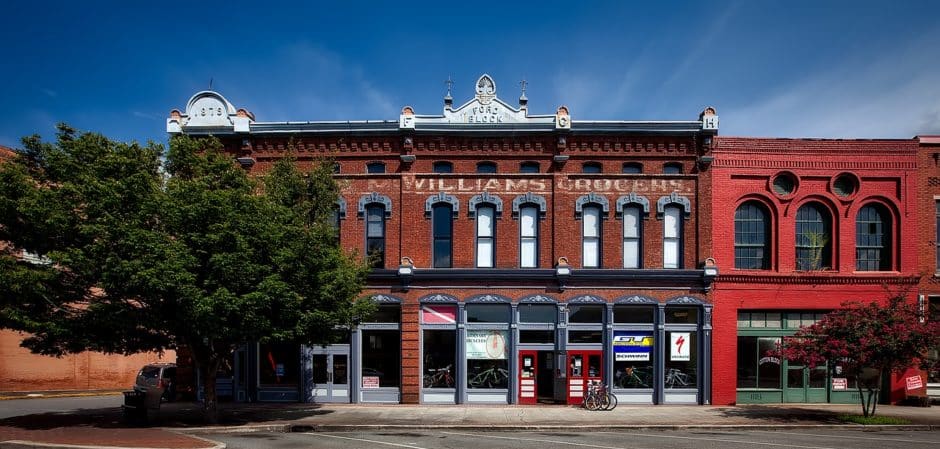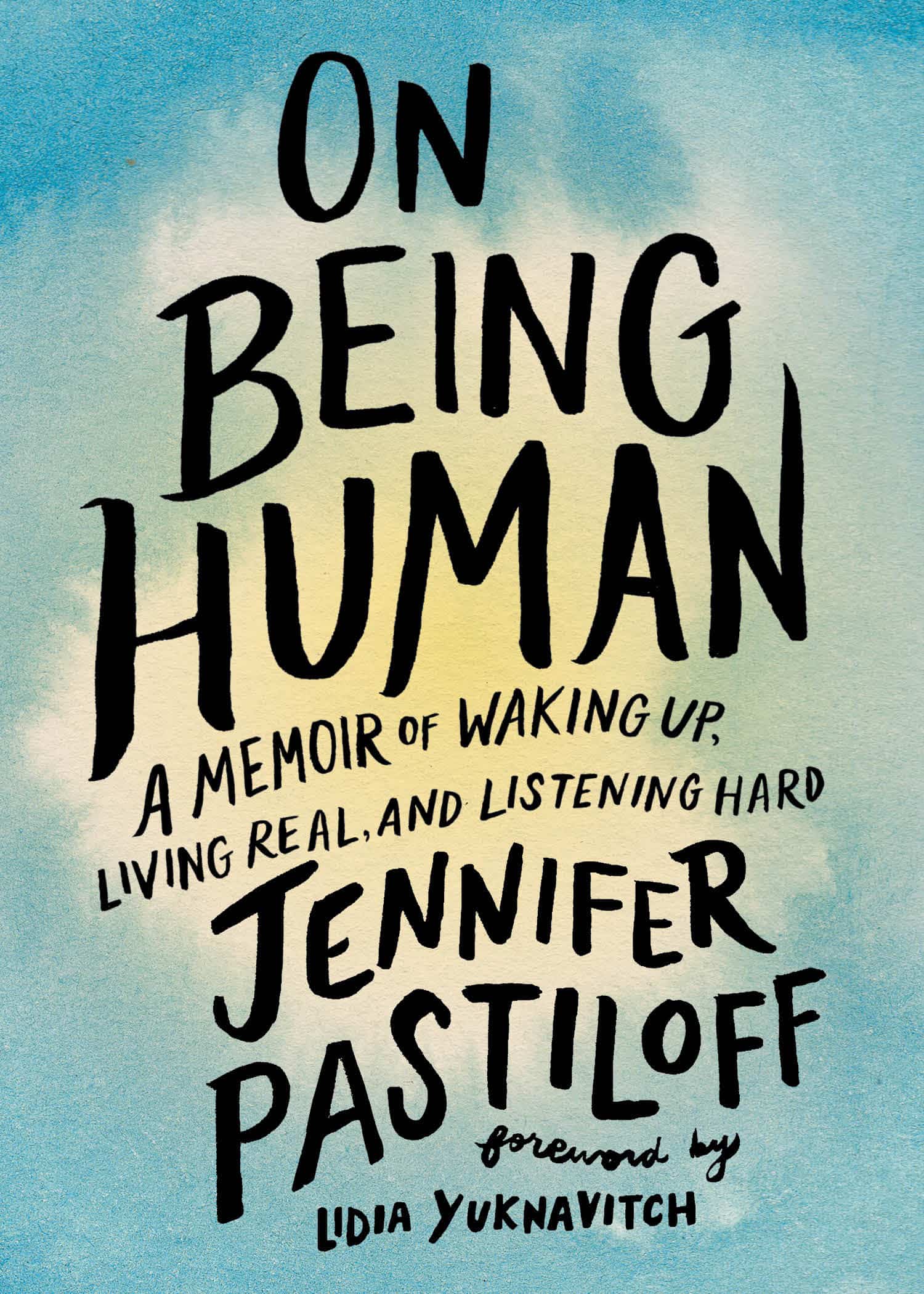By Charna Cassell
“The hand that still works grips, won’t let go.”
-Margaret Atwood, A Visit
I recently turned 45 and for the last few years, I’ve dreaded my birthday. Not for reasons you might think, like sagging skin or facing my mortality or no longer making certain age-group cut-offs on dating apps. I’ve dreaded it year after year, right around my birthday, I re-experience the pattern that was imprinted on me before I could talk.
This bracing around my birthday began five years ago. That was the year I offered trauma and resilience training at an orphanage in my birthplace, Nepal. It didn’t matter that I hadn’t been to the country since I was 16: I felt like I belonged.
The staff and children threw a party for me on the day I left. The gifts were abundant, and touching: Hand-drawn pictures, a small Buddha statue, a red felt hat. 400 people celebrating your existence with genuine love sets a new standard.
The contrast of returning to Oakland (on my birthday, no less) was stark. As I unlocked the door to my apartment, it struck me that I was entirely alone. This wasn’t a new feeling; during different periods of my life, I’ve felt like an orphan too. Not because I developed a special talent for forgetting my past, or got good at being alone, what with my father in prison for the first half of my life and my mother addicted to drugs and habitually choosing men over me (her ability to parent herself, let alone a child, insubstantial). It was because of what happened when I was born.
A triangle of isolation existed between my dad, my mom, and me before I came into the world. My father was hiding out from the police when an earthquake hit Nepal and my mother fell down a set of stairs, leaving her with a partially severed placenta. Ten days in a rural hospital passed before her water broke and out I came in a rush. I was tucked into a cardboard box that functioned as a makeshift incubator while she grew distraught in a distant room, not knowing if I was okay. Although I imagine I was tended to well by the Nepali nurses, I only saw her intermittently. Years later, I learned they told my mother she would kill me if she overfed me and took me away from her frequently.
My body learned, before anything else, that I could not depend on my primary caretakers for food, shelter, or love. That I could not trust that protection would consistently be available when I needed it.
My nervous system recalls this when my birthday arrives. Around this time, I feel caught between two worlds; trapped between the panic of birth and the numbness of being in utero. A blanket of tension runs the length of my body while my chest feels like it’s clogged with stones.
Under my skin, I sense an urge to mobilize into action, to complete something. To get out of this skin, this relationship, this home, this womb. Anniversaries of any kind can evoke plenty.
What does this tell me? It reminds me that we decide a lot before we are verbal. We know and choose what feels good and right and safe, just as we know in our cells and bones what does not. The frantic flapping in my ribcage, the shame I feel for wanting contact and the assurance that it’ll arrive on time, those stones in my heart—all of these sensations that I experience when my birthday rolls around were created before I had the words to articulate what I needed.
We’re inclined to think of these preverbal feelings as the realm of fetuses and infants, but their distant cousins surface in the adults we become, dictating actions and reactions that emerge without the concrete memories to explain them. This unconscious voltage may run through us for years.
The day before my 45th birthday, I was at a friend’s party. Two men who previously held starring roles in my life—one as a close friend, the other as a lover—were milling around the dance party and food table. Both are my teachers (or my “sex angels,” as I call them) because they come in and out of my world to teach me things and help me evolve. (These lessons don’t have to involve sex, but they do usually involve intimacy and pain.) Echoes of the sorrow and fear I once felt in being alone and forgotten had been activated by both of these men in the past. I was already feeling vulnerable, and now this?
My formerly close friend told me at the party that he was moving to Bali and asked, “Have you been there?” I looked at him and couldn’t tell if he was joking. When I saw that he wasn’t, I laughed in pure awe. Eight years earlier, he had invited me on a month-long trip to the very place he was asking me if I’d ever visited. We’d purchased tickets, planned for it with giddy excitement—and then he disinvited me because his other friend wasn’t sure about traveling with me. Once I reminded him of this, he said, “Why would I want to remember something like that about myself?”
Why indeed.
But memory is an interesting thing. When I think of selective memory, I think of memories that were once conscious but carried an untenable amount of remorse, terror, or grief—so much so they fell into submission, below consciousness, to protect the feeler.
My old lover’s memory seemed to work towards a similar sort of self-preservation. We had an on and off-again relationship for years. When we were on, he expressed he loved me…then later denied it. A week after gender-bending, kinky sex, he forgot it happened.
I broke up with him, and broke up with him again, only to be pulled back in by an invisible thread that seemed to connect us across multiple dimensions. I imagine that our souls and bodies remember each other and that in a different timeline, we were madly in love and able to express this with ease.
In this particular life, he doesn’t have the capacity to be in a skillful relationship with me. Sure, we’re friendly when we bump into each other in the produce aisle—or around the cheese platter at mutual friends’ parties—but he’s cautious and awkward, no matter that (or perhaps precisely because) we’d seen each other naked. With a slice of brie in one hand and a glass of sparkling water in the other, I teetered between wanting to hold him a little too long when we hugged and the desire to turn away.
I saw both of these men three hours after an attachment therapy session where I moved through the preverbal fear of not being chosen, remembered, or loved. The universe, I’m convinced, orchestrated this encounter.
Because here’s the thing: A great deal can be imprinted on us before we’re born or when we were children, but we also have a lifetime to unwind the hardships our bodies remember. Triggers are opportunities to bring buried traumas into the present, to where they can be integrated.
When I was a child, my grandmother disowned my mom. This devastated both of them. It prompted my mom’s self-destructive, numbing actions—her tireless desire to not feel a thing, which she bedded down with for decades.
The first signs of my grandmother’s dementia surfaced during a conversation about attachment theory, when I was trying to explain what can happen when a parent is not attuned to their infant and care is erratic or nonexistent. She interrupted me to say, “Well, anyone who throws away a child should be taken out and shot. I found a baby in the trash can outside my house. I cleaned him up and gave him a haircut. His name is Charlie and he goes to college but every day, he always comes home and eats sandwiches with me for lunch.”
She paused. “He’s such a good boy,” she added.
Charlie was one of many children my grandmother rescued. By her 93rd birthday, she had hundreds of children she’d “adopted,” and they all lived with her in Cassell’s Castle. They all shared her birthday, too, and when we sang, “Happy Birthday, Marion,” she gleefully sang over us, “Happy Birthday to everyone.”
Some of our relatives thought she was crazy. I didn’t. I was only reminded that guilt runs deep, and that what she couldn’t remember—abandoning her flesh-and-blood daughter—was making itself known and asking, in its strange way, to be integrated.
My grandmother passed away five years ago. These days, I treat my nervous system with as much care as she, in her mind, did her Charlie.
I acknowledge my triggers and excavate the source of the original hurt; I try to remain in the present. I power through strength-training exercises with a personal trainer—slow, weight-bearing practices that activate my fight-or-flight response and fortify my nervous system. I parent myself each time I snuggle my dog or take a walk instead of blazing through work and ignoring my need for food or a good stretch or a conversation with nature. I’ve stopped choosing lovers who are scared of their desire for me or the emotions that are aroused in our relationship; ambivalence doesn’t have the same draw it once did. And in the process of becoming as conscious as I possibly can, I realize that these people—from my mother to my father to my sex angels—are each playing their part in reminding me that we are all doing the best we can. That so little is personal.
Through this lens, I see them as gifts that help bring the preverbal forward. I feel through the pain, loss, and separation as if feeling my way through a dark room, knowing, when I reach the light, that their forgetting and absences aren’t really about me.
I am alone I am not alone I am loved I am cherished I am valued I am important I am an item on the menu at Café Gratitude, apparently. And I am 45.
Charna Cassell is an Embodied Leadership Coach and Body-Centered Psychotherapist who has helped people heal and celebrate their sexuality for the past twenty-five years—first as as sex educator and sex toy clerk at San Francisco’s Good Vibrations, then as a somatic coach and bodyworker, and now as a psychotherapist specializing in working with trauma. Charna can be found online here.
Anti-racist resources, because silence is not an option
~~~~~~~~~~~~~~~~~~~~~~~~~~~
Click here for all things Jen




